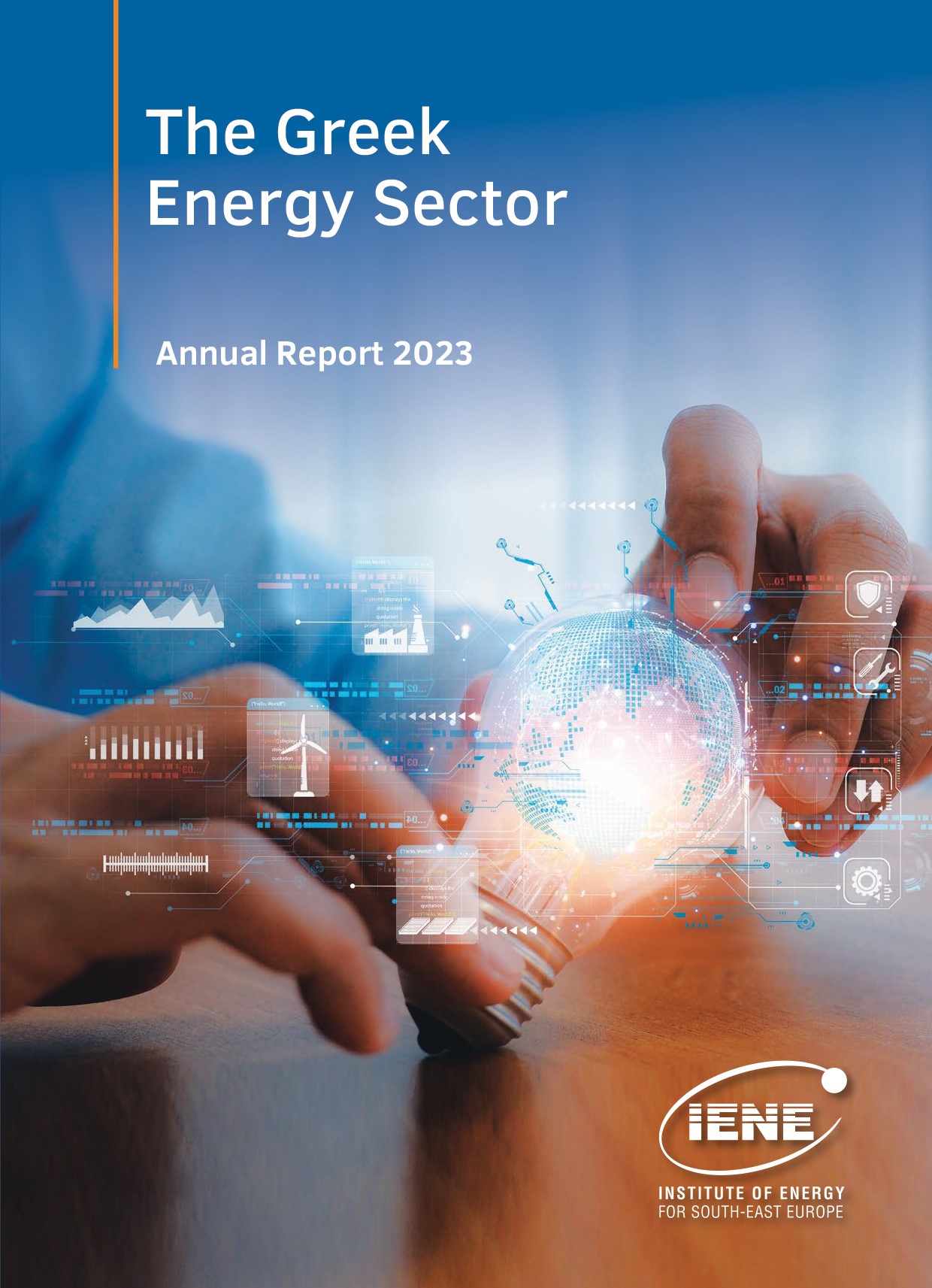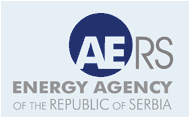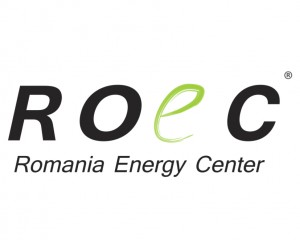Bulgaria is waiting to hear about progress on the Turkey-Bulgaria gas interconnection in the hope that Bulgaria can fulfill its aim to become a gas hub to serve the Balkan region, according to Zhecho Stankov, deputy energy minister of Bulgaria during the World Energy Congress in Istanbul.
Stankov told Anadolu Agency that work on the interconnector between Bulgaria and Turkey is ongoing and all documentation has been sent to Turkey's transmission system operator BOTAS.
"At the moment we are working on something which is very important for both Turkey and Bulgaria. We prepared a feasibility study [for the interconnector] for which we received a 50 percent grant from the European Commission," he said.
Talks for the interconnector began in 2014, and the European Commission signed the agreement for the funding of the feasibility study for the interconnector between Bulgaria and Turkey in April 2015.
"One of the prospective suppliers for the gas is Russia. From the trilateral meeting with the European Commission and our partners in Russia, we see potential and are discussing possibilities of gas flow to Bulgaria," he added.
However, Bulgaria's aim of becoming a hub has been dented by news of the recently sealed intergovernmental agreement signed between Turkey and Russia for the Turkish Stream natural gas project.
A further blow came from Bulgaria's national radio 'Radio Bulgaria' who reported that following the Turkish Stream agreement, the future of the "Balkan gas hub may remain gasless."
The station reported that, based on reliable sources, the results of gas and oil drilling in the Bulgarian section of the Black Sea proved insufficient in terms of quantities of gas and petrol for future extraction.
"The idea of the Bulgarian authorities constructing a gas hub at Bulgaria's Black Sea coast may not be fulfilled against the backdrop of this hot news because the gas quantities would be not be enough for such a large-scale project. Secondly, Turkey also voiced its ambitions to become a regional supplier of gas, but unlike Bulgaria, that country has something to offer its clients," it said.
Russia and Turkey signed an intergovernmental agreement on Oct. 10 for the implementation of the Turkish Stream natural gas project.
The agreement involves the construction of two lines of gas pipelines through the Black Sea each with a capacity of 15.75 billion cubic meters.
One line is planned to supply gas directly to the Turkish market, while the other line aims to supply gas to Europe through Turkey.
(Anadolu Agency)






 More
More









